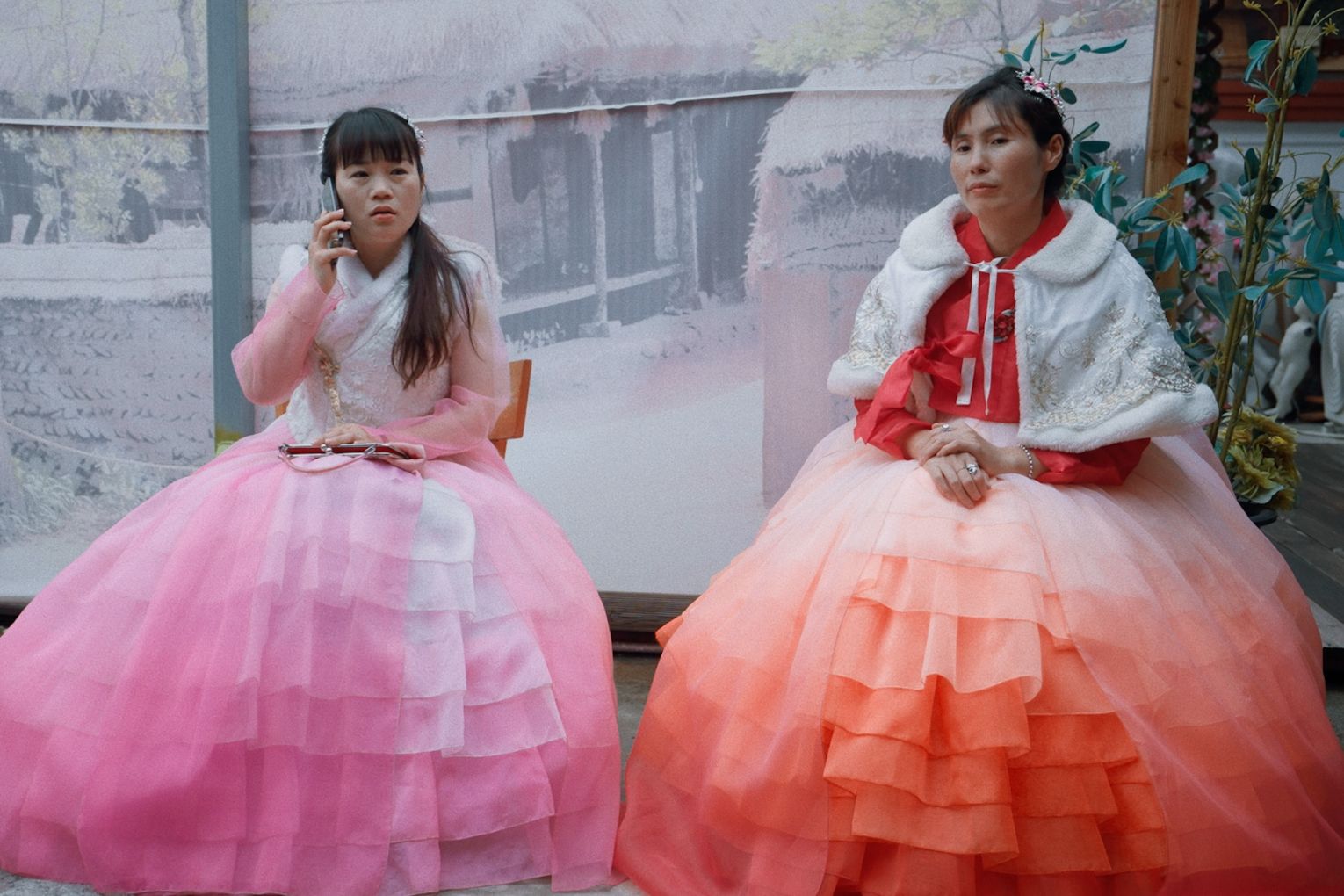Adelaide Film Festival review: North South Man Woman
Oct 24, 2025, updated Oct 24, 2025
Despite their geographical closeness, the cultural divide between North and South Korea is extreme. Directed by Morten Traavik and Christina Sun Kim, North South Man Woman explores this divide through marriages arranged across the Korean demilitarised zone.
Filmed over a period of five years, we follow Yujin, the owner of a matchmaking company for North Korean women and South Korean men. Being in such a marriage herself, Yujin and her husband Yurok make for fascinating subjects, along with a second couple, Hyojuy and Jaewu, set up many years ago by Yujin.
In its undemanding 95-minute runtime, filmmakers Traavik and Sun Kim skilfully toe the line between the personal and the political, often by focusing on the cultural clashes that emerge within these marriages. The film’s co-direction between a Norwegian man and a Korean-American woman offers a valuable perspective, one that understands how to handle cross-cultural complexities.
From its lively opening montage, the film intertwines clips of North and South Korea, visually illustrating the stark differences between the two countries. In examining the different stereotypes that pervade Korean society, the documentary also reveals a sense of misguided romanticism at the heart of its dating landscape. North Korean women are thought to be the most beautiful, while South Korean men are described as “softer” and more gentlemanly.
Scenes of couples being carefully posed for extravagantly staged wedding photoshoots are challenged by the realism of domestic scenes in which the same couples argue over expenses. Differences between the husbands and wives soon become apparent.
The women are restless survivors of trauma, while the men “don’t know desperation”, as stated by one of Yujin’s friends. The film is particularly successful in giving equal handling to its subjects – every testimony and perspective is given space to breathe.
The documentary’s strong focus on individuals means that wider geopolitics exists as something of a backdrop to the lives we see on display. For instance, the border between South and North Korea is largely portrayed in terms of its significance for the women, as Hyojuy emotionally describes seeing her homeland for the first time in years.
The ways women are stigmatised as both Northerners and defectors is felt throughout. While much of the documentary is non-confrontational, there are a few standout scenes in which the women recount harrowing stories from their lives before arriving in South Korea.
In one particularly powerful scene, a group of women talk about their pasts in North Korea. One woman witnessed famine while in the military. Another woman, caught numerous times attempting to cross into South Korea, describes the harsh punishments she faced in prison. In another remarkably vulnerable scene, Hyuojuy shares the story of her former life in North Korea and her escape to China. Having persisted through impossible hardships, Hyuojuy reveals why many North Koreans view South Korea as a safe place to rebuild their lives.
Subscribe for updates
North South Man Woman sits in these vulnerable moments, allowing these stories to take centre stage. This film ultimately serves as a testament to the resilience of these individuals. It is impressive and inspiring to witness.
North South Man Woman is screening on Sunday October 26 as part of the Adelaide Film Festival
This review was provided by the ‘2025 Emerging Screen Critics Program’ – a Screen Studies collaboration between the Adelaide Film Festival and UniSA Creative, with the participation of students and mentors from the University of South Australia, the University of Adelaide and Flinders University. Supported by InReview.
Free to share
This article may be shared online or in print under a Creative Commons licence

